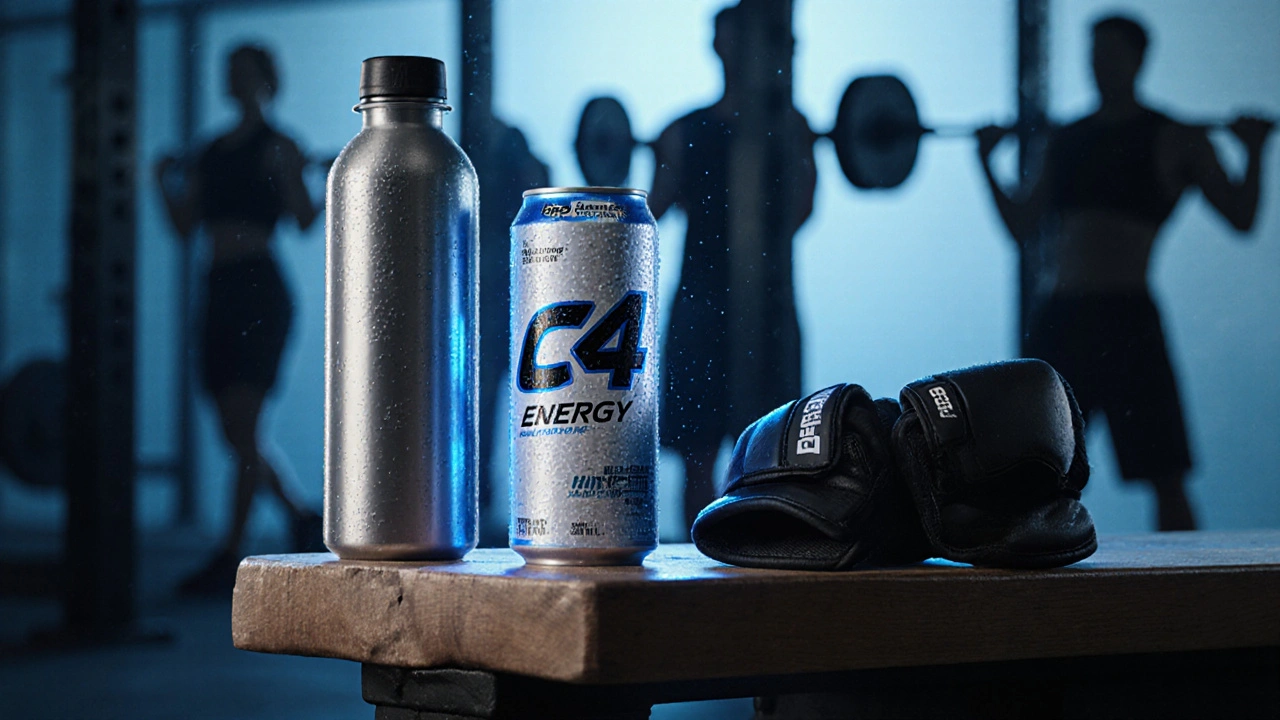Beta‑Alanine: What It Is and Why It Matters for Energy‑Drink Fans
When you hear beta‑alanine, a non‑essential amino acid that raises muscle carnosine levels to buffer acidity during intense exercise. Also known as beta‑alanine supplement, it helps you push through the last rep when your muscles feel like they’re burning.
Energy drinks often tout "fuel" or "boost" on their cans, but the real science lives in the ingredients list. energy drink, a caffeinated, sugar‑laden beverage designed to increase alertness and physical output. Also called performance drink, it usually combines caffeine, taurine, and sometimes beta‑alanine to create a short‑term edge.
How Beta‑Alanine Works With Other Performance Boosters
The beta‑alanine you see on supplement labels isn’t a magic powder; it works through a clear chain of effects. First, it increases muscle carnosine, which acts as a pH buffer. That buffering capacity lets you sustain high‑intensity work longer—beta‑alanine enhances muscle endurance, which improves overall workout performance. At the same time, caffeine, a stimulant that blocks adenosine receptors to reduce perceived effort and increase alertness. Also known as coffee‑like stimulant, caffeine spikes your energy within minutes but can raise heart rate if overused.
When you combine beta‑alanine with caffeine in a pre‑workout, a formulated blend of ingredients taken before exercise to boost power, focus, and stamina. Also called training booster, it typically balances the fast‑acting lift from caffeine with the longer‑lasting endurance support from beta‑alanine. The result is a smoother performance curve: caffeine gets you started, beta‑alanine keeps you going. Research shows that together they can improve repeated sprint ability without dramatically increasing blood pressure, though individual tolerance varies.
Understanding these links lets you pick the right product for your goals. If you’re after an extra push for a quick HIIT session, a caffeine‑heavy drink may be enough. For longer weight‑lifting sets or endurance sports, a beta‑alanine‑rich pre‑workout can reduce fatigue. And if you want both, look for formulas that list each ingredient clearly and respect safe dosage limits—typically 2–5 grams of beta‑alanine per day and no more than 300 mg of caffeine for most adults.
Below you’ll find a curated mix of articles that dive deeper into related topics: a guide on low‑calorie energy drinks for belly‑fat loss, a look at how beetroot juice can lower blood pressure, and tips for calming a racing heart after too much caffeine. Together they give you a full picture of how to use beta‑alanine, caffeine, and energy drinks responsibly while maximizing performance. Keep scrolling to explore practical advice, safety notes, and real‑world examples that will help you make smarter choices for your next workout.
A deep dive into C4 energy drink's ingredients, health risks, safe usage tips, and how it compares to other popular energy drinks.

